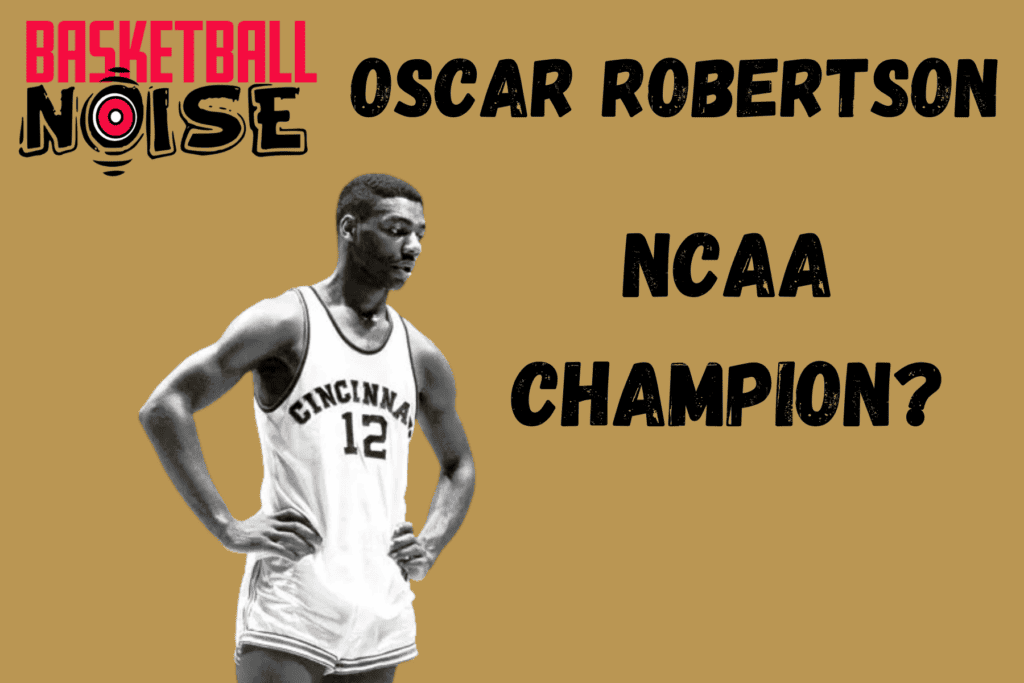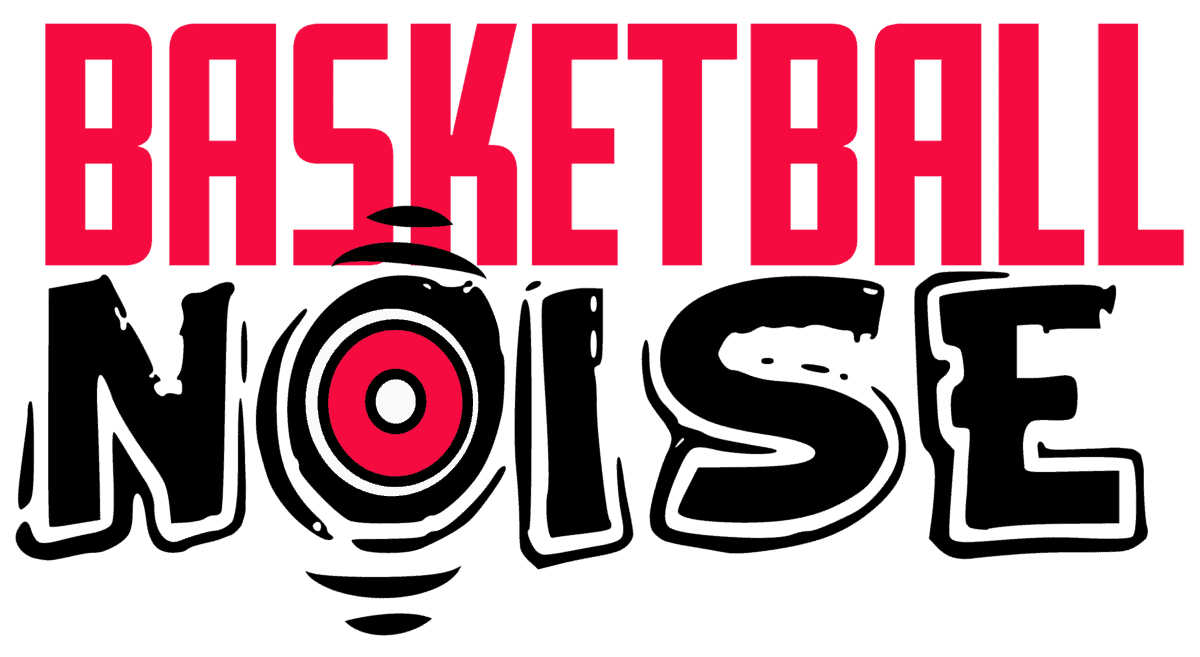No. Oscar Robertson did not win a NCAA championship despite leading the NCAA in scoring in all three of his years at the University of Cincinnati and leading the Cincinnati Bearcats to two Final Four appearances and an impressive 79-9 record over that duration. Despite falling short of capturing the title, the “Big O” remains to be arguably one of the most successful and dominant players in NCAA history and to date, still holds a number of NCAA records.
The “Birth” of a Legend
Before making a name for himself in the college circuit, Robertson first caught national attention while playing for Crispus Attucks High School – an all-Black high school in Indianapolis, Indiana. It was during his tenure at the school that the 12-time NBA All-Star met arguably the biggest influence of his career in coach Ray Crowe.
Crowe recognized Robertson’s raw talent and worked hard with the future NBA MVP to develop the fundamentals that unlocked his all-round game. The former athletic director’s tutelage had the desired effect as Robertson helped the school capture the state championship (IHSAA’s Men’s Basketball Championship) as a junior with a near-perfect 31-1 record in 1955.
Thanks to Robertson’s continued progression, the school put together a perfect 31-0 record the following year to defend their state championship. Robertson, who was then a senior, averaged 24 points during that unprecedented stretch – a feat that earned him the prestigious Indiana Mr. Basketball award.
Overcoming Racism
Like most black basketball players in the 1950s and 1960s, Robertson encountered racism in all its forms up to and including segregation. A good example was when his high school team won the state championship in a perfect campaign in 1956 and authorities forced them to have their celebration in a park on the outskirts of town for fear that the blacks would “tear the town up”.
Robertson continued to experience such discrimination even after he joined the University of Cincinnati as he would often have to sleep in college dorms while his white counterparts enjoyed the luxurious comforts of hotels.
Nevertheless, the three-time Sporting News College Player of the Year used the hardship to fuel his competitive fire and went on to have arguably one of the most dominant three-year runs in NCAA history, averaging just under 34 points per game.
In a past interview, the two-time Helms College Player of the Year admitted that he still had difficulty forgiving the parties responsible for the discrimination he faced. Were it not for the systemic racism of the time which barred black players from getting into basketball programs in Southern universities, a player of Robertson’s caliber would have surely had multiple offers from the likes of Duke, North Carolina, and Kentucky.
Laying the Foundation
Though Robertson never won an NCAA championship while at the University of Cincinnati, his stellar play thrust the college into the national limelight allowing it to attract top talents in the years following his departure to the NBA.

Soon after he joined the NBA, the Cincinnati Bearcats went on to win two consecutive national titles in 1961 and 1962. The team also came close to clinching a third consecutive title in 1963 only to be denied victory by just two points.
Robertson’s fast, free-flowing style of basketball also made it easier for future NCAA players like former Utah Jazz shooting guard “Pistol” Pete Maravich to showcase their flashier brand of basketball which had previously been discouraged and prematurely deemed to be ineffective.
Oscar Robertson’s NCAA Records
In a span of just three years, Robertson set an awe-inspiring 14 NCAA records along with 19 school records, some of which stand to this day. It is, however, important to note that most of the two-time USBWA College Player of the Year’s records have since been broken while others are for one reason or another considered to be unofficial records. Below are a few of the more notable ones.
- Three of the five unofficial triple-doubles logged in NCAA tournament history.
- One of the two unofficial triple-doubles recorded in NCAA tournament semifinal history.
- One of only a handful of plays to register at least 2, 000 points and at least 1,000 rebounds in a given season.
- Tied for second place in Final Four history for most free throws made in back-to-back games (24).
- Third in NCAA tournament history in career free throws made (90).
- Third in NCAA history in career points per game (33.8) with a minimum of at least 1,400 points per season.
- Fourth in NCAA history in career free throws made (869).
- Fourth in NCAA history in the consecutive number of double-doubles logged (33).
- Fifth in career points in NCAA tournament history (324 points).
- Tied for fifth in NCAA in made field goals in tournament regional history (19).
- Tied for seventh in consecutive double-doubles in a season in NCAA history (23).
- Eleventh in career scoring in NCAA history (2,973 points).
- Tied for twelfth in single-game scoring in NCAA history (62 points).
Oscar Robertson’s NCAA Legacy
Aside from his spectacular on-court career in the NCAA, Robertson has also been a vocal supporter of much-needed reforms. A good example is the NCAA’s “one-and-done” rule which allows players to be eligible for the NBA draft after playing for just one year in college.
Before the rule was instituted, players were allowed to declare for the NBA draft immediately after completing high school. It is this that allowed the likes of four-time league MVP LeBron James and five-time NBA champion Kobe Bryant to join the NBA when they did.
In a 2014 interview, the three-time Consensus first-team All-American stated that having the rule is important in order to prevent “greedy” coaches from deferring players’ NBA dreams. In recognition of Robertson’s contributions to the NCAA, the association renamed its NCAA Division I Player of the Year award the Oscar Robertson Trophy in 1998.
